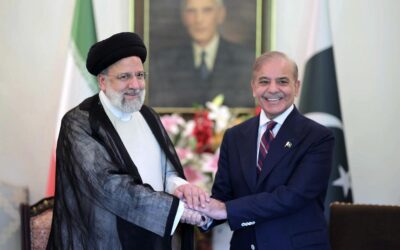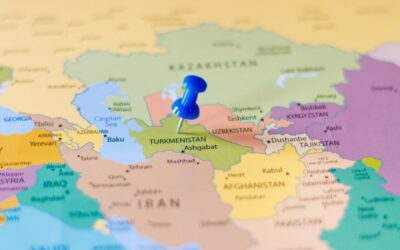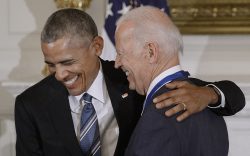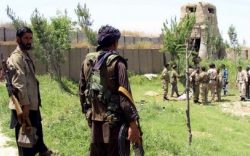
Taliban Leader’s Encouragement of ‘Suicide Attacks’ Elicits Dispute and Apprehension
12 April 2024
The recent address by the leader of the Taliban, Hebatullah Akhundzadeh, urging Taliban fighters to prepare for suicide attacks has ignited significant discourse and reactions.
This report offers a detailed examination of the statements made, the ensuing reactions, and the broader implications for Afghanistan’s security landscape.
Hebatullah Akhundzadeh’s Speech:
On the first day of Eid, a voice purported to be Akhundzadeh’s resonated across Taliban networks, advocating for a resurgence in suicide attacks akin to those witnessed in the past. This resurgence of rhetoric concerning suicide bombings rekindles memories of the Taliban’s historical reliance on this tactic throughout their prolonged conflict.
Taliban’s Historical Utilization of Suicide Attacks:
Suicide attacks have long been a grim hallmark of the Taliban’s military strategy, indiscriminately targeting both military and civilian installations. The group’s formal integration of suicide bombers within its Ministry of Defense underscores the gravity and institutionalization of this tactic within Taliban ranks. Clarification of Misinterpretations:
Taliban response to initial interpretations, Zabihullah Mujahid moved swiftly to clarify Akhundzadeh’s remarks. He emphasized that the call to readiness for suicide attacks was intended not as a directive but rather as a comparison between resilience and capitulation in confronting adversaries.
Public Perception and Reaction:
The resurfacing of rhetoric surrounding suicide attacks has elicited skepticism and concern among Afghan citizens. Many interpret it as indicative of the Taliban’s unyielding stance and reluctance to embrace substantive change, further eroding trust in the group’s professed commitments to reform.
Heightened Security Concerns:
The Taliban’s renewed emphasis on suicide attacks coincides with a backdrop of escalating security threats posed by rival factions. Against the backdrop of the group’s historical ties with Al-Qaeda and internal power struggles, Afghanistan confronts a multifaceted security landscape fraught with complexity and uncertainty.
Conclusion:
The recent pronouncements by Taliban leadership regarding suicide attacks warrant meticulous examination and analysis. While interpretations may vary, discerning the underlying motivations and implications of such statements is imperative for navigating Afghanistan’s transition phase and fostering stability and peace. As stakeholders assess the evolving security dynamics, a nuanced understanding of these pronouncements will be indispensable in shaping future strategies and initiatives aimed at promoting sustainable peace and security in Afghanistan.
there is not post in layout 2

Pakistani and Iranian Leaders Commit to Strengthen Cooperation in Combating Militancy Originating from Afghanistan
Pakistan and Iran, neighboring nations with a lengthy and permeable...















